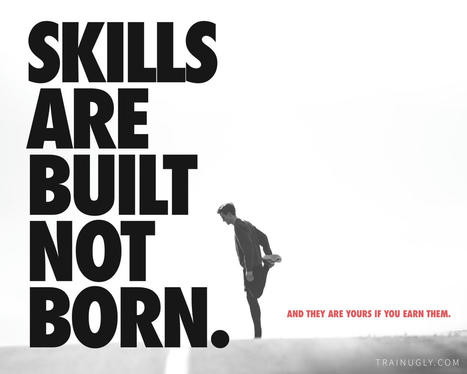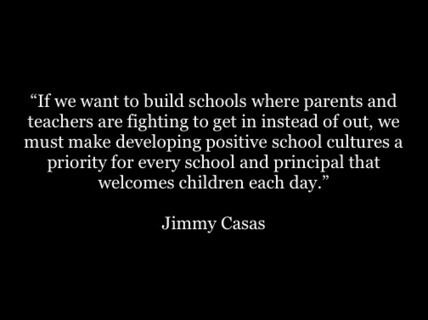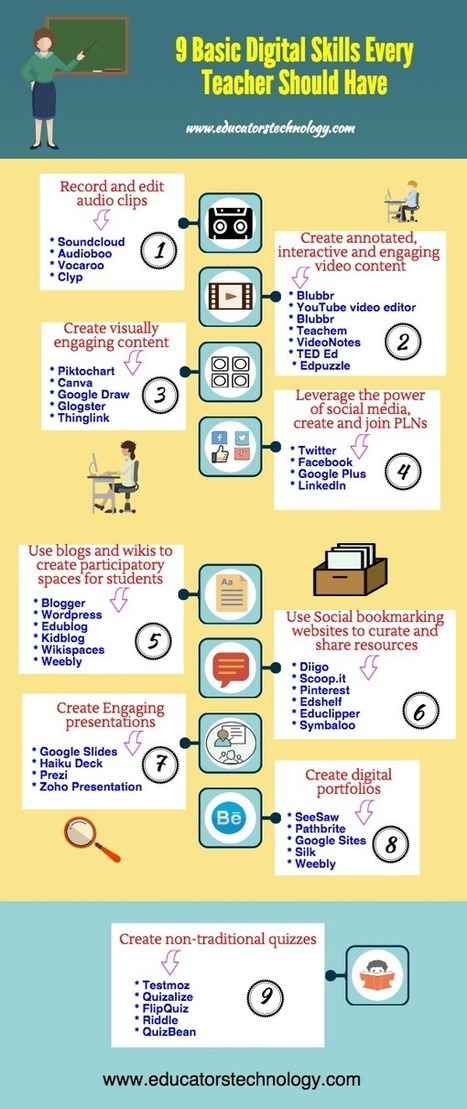You know what continues to upset me in education?
It’s not how we label kids (although that is pretty high up there on my big list).
But, it is how kids label themselves.
I’m starting to see it with my own kids. I’ve got four, but three are in school right now (5th grade 2nd grade, Kindergarten). It’s almost natural for them to start saying things like, “I’m not that good at spelling, Dad”, or “I can’t do that math homework, but I’m good at the social studies.”
I saw it with students when I was teaching middle school, and when I was teaching high school.
They would come into class with labels for themselves. How well they could write. Whether or not they considered themselves a reader. So many believed that they were not creative. Many just thought they were not learners, not good at this game of school.
On the flip side, I also had plenty of students come through my classroom who labeled themselves as “smart” and good at the game of school.
They were often the ones who would ace a test, but be confused with how a project-based experience was going to be assessed. They too labeled themselves as a specific type of learner, and it had negative consequences in a different way.
Get Started for FREE
Sign up with Facebook Sign up with X
I don't have a Facebook or a X account
 Your new post is loading... Your new post is loading...
 Your new post is loading... Your new post is loading...

Koen Mattheeuws's curator insight,
May 30, 2017 3:37 AM
Lezen. Ik wou dat ik het wat beter kon. Deze tips zijn alvast welkom.

jefferson stick's curator insight,
August 20, 2017 12:05 AM
In order to make students become better readers, they need to love the process itself. In my soon reading workshop, as I am really encouraged to teach English through reading, this 6 techniques for building reading skills will totally help me to begin the course by teaching the students that reading is not so hard if they try their best in knowing themselves as readers. Equally, these techniques will promote their high-order thinking skills as they will have to analyze and evaluate the content; as a result, they will come up with a synthesized information which will demonstrate their improvement in reading comprehension. 
Andrea Jordan's curator insight,
July 12, 2019 7:54 PM
This article has some great advice about getting students interacting with the text, setting personal goals, and diversifying assessments. It also highlights the idea of collaborating with other teachers to create a culture of reading enjoyment and achievement. CC.6.R.I.10 Range of Reading and Level of Text Complexity: By the end of the year, read and comprehend literary nonfiction in the grades 6-8 text complexity band proficiently, with scaffolding as needed at the high end of the range. CC.6.R.L.3 Key Ideas and Details: Describe how a particular story's or drama's plot unfolds in a series of episodes as well as how the characters respond or change as the plot moves toward a resolution. |

Richard Whiteside's curator insight,
February 19, 2016 5:10 AM
These and many other tools are available. But if you are a teacher, what do you think? Is it really necessary to have all these skills? There is so much content readily available online and if you can organise to prepare materials in teams, or have access to a PLN on or offline, then you can share the load.
Some teachers and content creators have specific skills and their expertise can be used or accessed by anyone. Personally, I think it's good for teachers to be aware of the digital possibilities for their teaching context, but it is generally unrealistic for anyone to expect all teachers to become skilled in so many different areas.
Is it not better to pick fewer areas more relevant to you and focus on them? Be a master of a few areas useful to you, not a jack of all trades feeling stressed that you are master of none. 
Maria Jose Vitorino's curator insight,
April 17, 2017 11:12 AM
Resumo da Literacia Digital Essencial para cada professor em 2017 - destrezas úteis no dia-a-dia e que aproximam dos alunos nesta era de soluções tecnológicas em veloz transformação para novos problemas e problemas de sempre: gravar e editar registos sonoros, crear conteúdos em video anotados, interativos e envolventes, criar conteúdos visuais motivadoes, modular o poder dos media, criar e aderir a redes pessoais de aprendizagem, usar bblogues e wikis para construir espaços de participação para os alunos, usar a seleção de sítios web para gerir e partilhar recursos, construir apresentações entusiasmantes, portefolios digitais, inquéritos (quizzes) não convencionais.
|


















